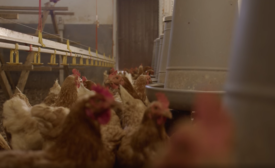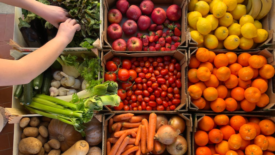Food Type
Issues With CBD Edibles: Heavy Metals Contamination, False Label Claims
September 26, 2022
Arizona LGMA Updates Food Safety Standards for 2022–2023 Growing Season
September 20, 2022
Never miss the latest news and trends driving the food safety industry
eNewsletter | Website | eMagazine
JOIN TODAY!Copyright ©2025. All Rights Reserved BNP Media.
Design, CMS, Hosting & Web Development :: ePublishing










